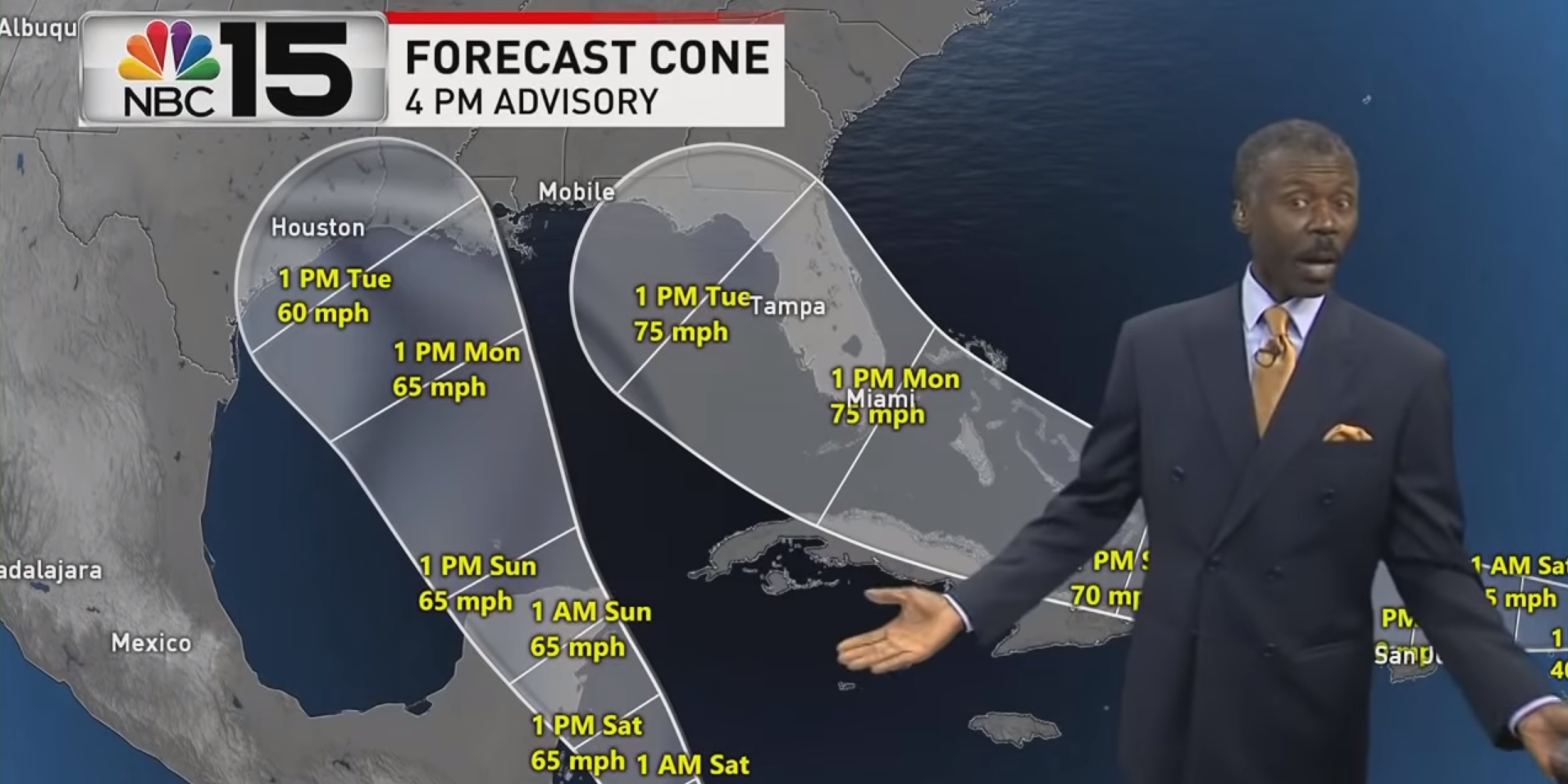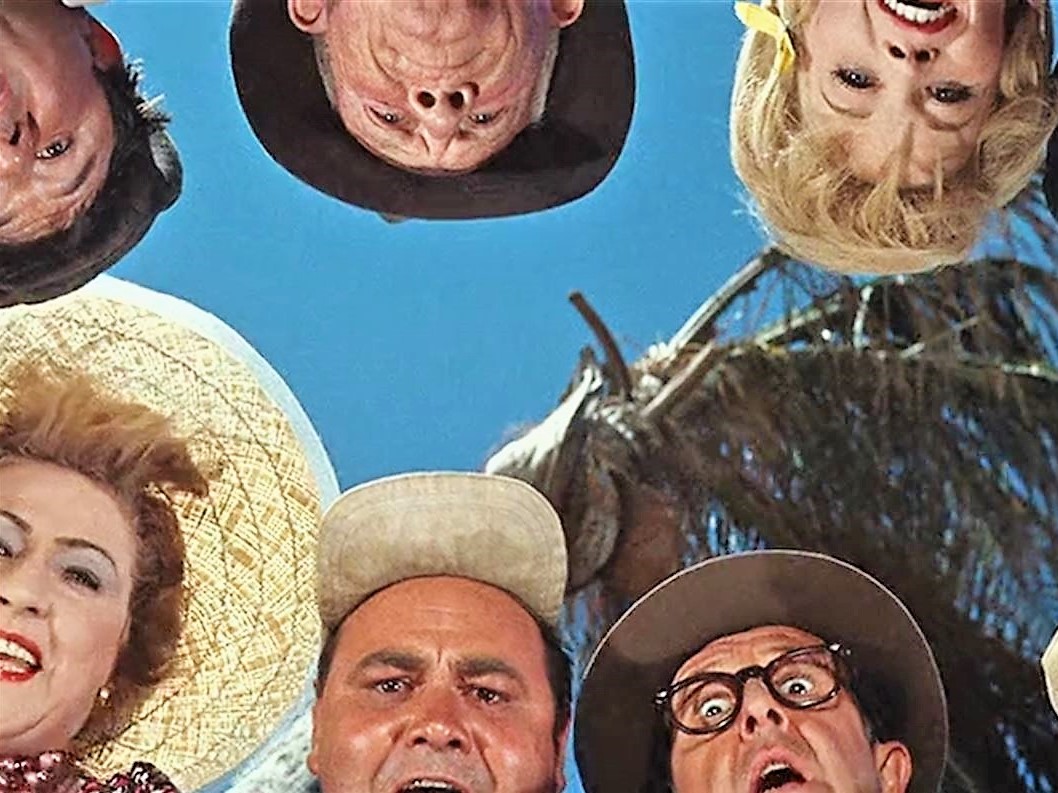Epsilon Theory In Brief
Daily short-form pieces for those without the time (or attention span) for classic Epsilon Theory notes. Look out for regular features like the subscriber mailbag and guest contributions from within the Epsilon Theory network.
Three weeks ago, I didn’t see a Narrative path for Trump to win a turnout-based election hinging on four or five swing states.
Today I do.
It’s the same funny feeling I got in 2016, but with a twist.
Jonathan Plotkin is a longtime ET reader and brilliant cartoonist. For years he’s been sending Ben illustrations inspired by our notes and we’ve been dying…
The corruption of media by missionaries means that we now live in a world of two sets of facts. It is a world which gives us two choices: to champion our truth, or to work toward eliminating the world-of-two facts structure.
To hell with OR. Let’s choose both.
Sometimes a grift isn’t in what you say, but in the difference in what you say to different audiences.
It’s not the information. It’s the meta information.
It is a literal golden age for CEOs whose talent is the creation and propagation of narratives.
Why? Because it works. And it works because we have accepted a financial and business media that has been redesigned into a cheering section.
This is a short-form summary of our long-form note The Projection Racket (Part 2), located here. While it attempts to present the most accurate picture…
Jonathan Plotkin is a longtime ET reader and brilliant cartoonist. For years he’s been sending Ben illustrations inspired by our notes and we’ve been dying…
It may be a brave new world of Davey Day Trader, but it’s not enough to convince yours truly to drink Huxley’s soma. Or the Fed’s SOMA (System Open Market Account).
I’m not saying that we all have to become volatility traders to survive in the market jungle today, any more than we all have to become game theorists to avoid being the sucker at the Fed’s communication policy table.
But if you’re a traditional investor whose sandbox includes big markets like the S&P 500, then you’re only disadvantaging yourself by ignoring this stuff.
We don’t need more minimally viable products.
We need more maximally viable organizations attacking big problems with a tinkerer’s mindset and a capitalist’s goals.
Guest post by Luis Perez-Breva, faculty director at MIT Innovation Teams.
In a world awash with cheesing, being lawful good doesn’t mean being lawful stupid.
But for God’s sake, don’t lose your soul in the process.
Citizens must be capable of holding multiple ideas in their heads at once.
We can believe that the aims and intents of political powers are not equal while also focusing explicitly on the misuse of the tools of narrative to manipulative the populace by BOTH.
There are many institutional gatekeepers. There are many powerful guilds and socially embedded practices that seek to limit our voices and ideas. Are academic journals the worst of these? Not by a long shot. But they ARE one of these.
This is how we change the world. This is how we unleash our voices and ideas. Not by attacking these institutional gatekeepers from the top-down with yet another institutional gatekeeper, but by making the institutional gatekeeper irrelevant through our bottom-up, decentralized actions.
No, I don’t think there’s a bubble. No, I don’t think a crash is coming. But when Mark Cuban says this reminds him of 1999 and 2000, he’s right.
And the reason worries me more than either of those things.
There ARE real threats to both the rule of law and our cherished capitalist system today.
But you won’t find either on the streets of Portland or Seattle.
If you’ve never seen the 1963 comedy “It’s a Mad, Mad, Mad, Mad World”, do yourself a favor and check it out. Phil Silvers and Spencer Tracy and Ethel Merman and Jonathan Winters? Yes, please.
ET contributor Pete Cecchini remembers. Better yet, it’s the perfect foil for figuring out a Mad, Mad, Mad, Mad Market.
Like all abstractions, extremes can be misleading. They can also be revealing. Using extreme times to learn what our leaders and institutions are sensitive about is a critical, unmissable lesson.
A sideways moment is when your life becomes a probabilistic exercise, where you are at the mercy of one of two merciless social institutions: hospitals or the police.
My life went sideways a week ago, and here’s what I learned about pain and privilege.
Epsilon Theory contributor Neville Crawley is back with an interview of Adam Julian Goldstein, discussing Adam’s fascinating new work on anxiety. If, like me, you have the entrepreneurial bug (and it is a bug, not a feature), this is a must read!
Written during last week’s sell-off, ET Contributor Peter Cecchini coins a phrase – The Portnoy Top.
What do you get when you combine Barstool Sports and Printer Goes Brrr?

















